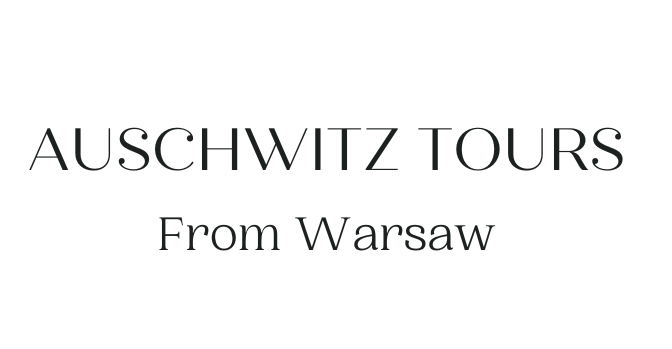20 Best Books about Auschwitz and the Holocaust
We must understand one of the darkest times in human history, the Holocaust, so it never happens again. The books about Auschwitz are some of the best ways to remember the victims and avoid repeating the same terrible mistakes.
Auschwitz the most notorious of the Nazi death camps is the epitome of human evil and the strength of those who survived. Reading about Auschwitz and the Holocaust not only honors the millions of Jewish lives lost but also educates future generations about the cost of hate and intolerance.
Here are 20 books that cover personal stories, historical context, and the impact on Jewish life and the world.
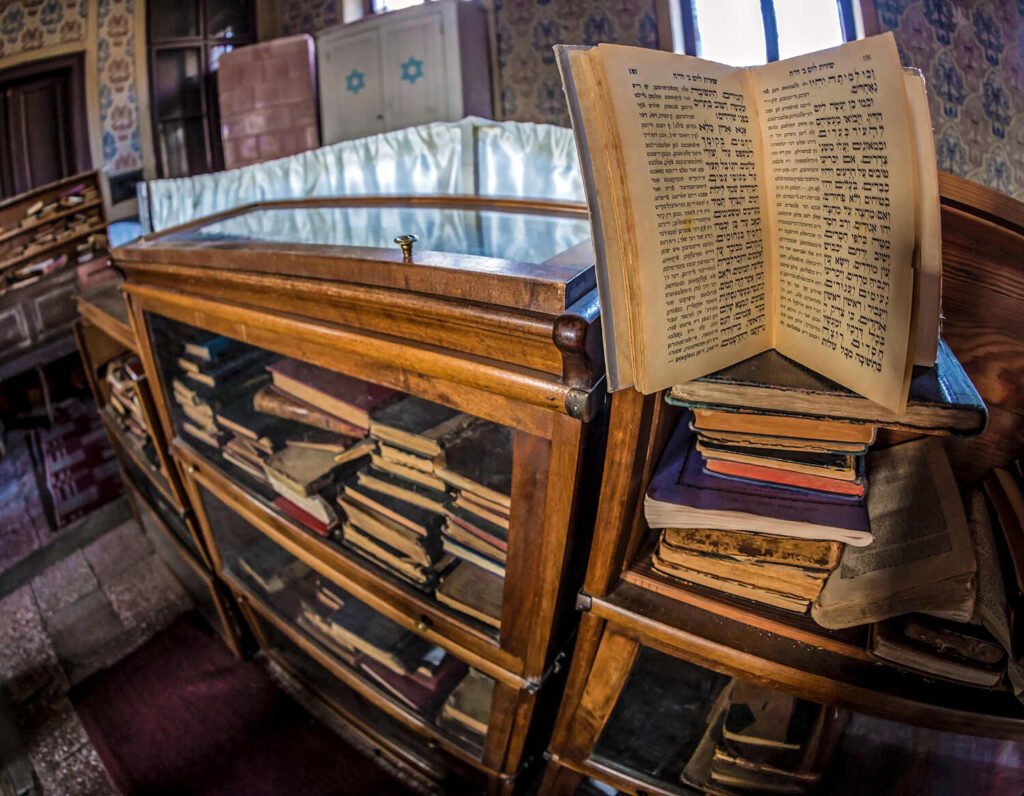
Why Books About Auschwitz and the Holocaust Matter
Books are a way to keep the memories of Auschwitz and the Holocaust alive. These books give us personal access to the lives of victims, survivors, and even perpetrators so we can get a sense of the scale of the horrors.
They cover Jewish men, women and children, non-Jews, political prisoners and others who were under the Nazi regime.
By reading these stories, we not only honour those who lived through these times but also make sure the lessons learned are passed down to future generations.
20 Books About Auschwitz Concentration Camp
We’ve made it easier for you by categorising this section into topics, from memoirs to historical accounts and fiction.
This post is mostly about Auschwitz and the Third Reich so let’s start with the survivors, from Hungarian Jews to Italian Jews and their fellow prisoners who managed to pass on their memoirs to future generations.
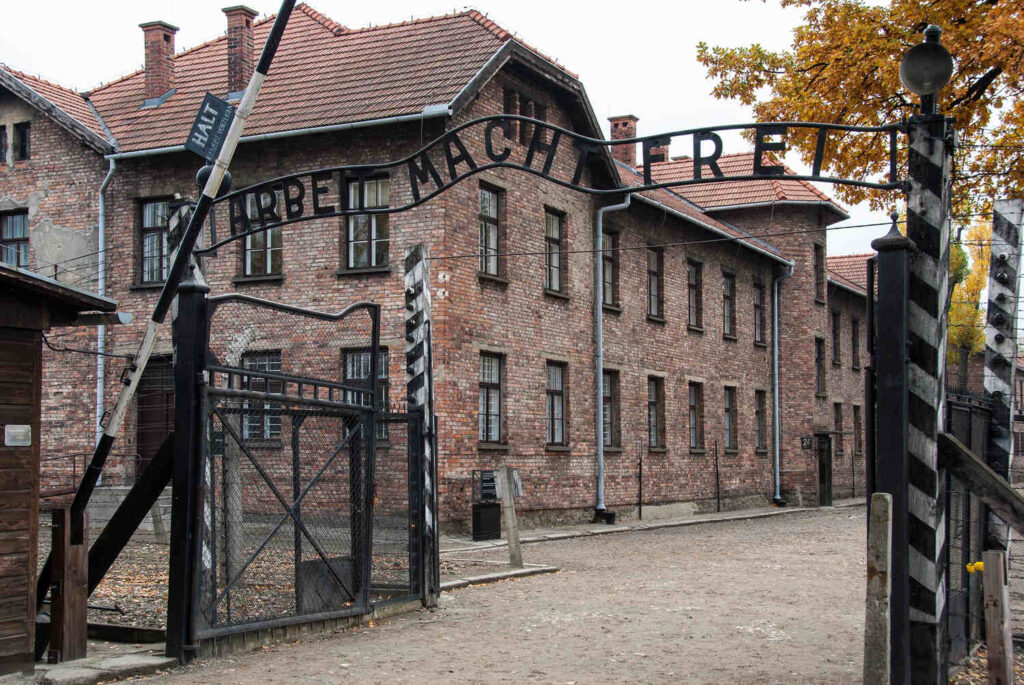
Memoirs and Survivor Accounts
“The Diary of a Young Girl” by Anne Frank
“The Diary of a Young Girl” by Anne Frank is a powerful first-hand account of a Jewish teenager hiding from the Nazis during World War II.
Written between 1942 and 1944, the diary is Anne’s life in the Secret Annex—a hidden part of an old office building in Amsterdam where she, her family, and others lived in constant fear of being discovered. Through her perspective, Anne explores identity, adolescence, and the horrors outside their place.
Her writings help us understand daily life under oppression and the strength of the human spirit. The diary is a Holocaust classic and a must-read to understand one of the darkest times in human history.
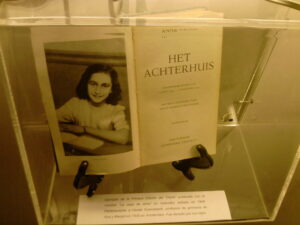
“Night” by Elie Wiesel
“Night” is Elie Wiesel’s memoir of his time as a young Jewish boy in Auschwitz and Buchenwald. The book is about his journey from a normal life in a small town to the death camps.
Wiesel describes in vivid detail the loss of his family, his faith, and his innocence in the midst of unimaginable suffering.
This book is a deep look into the psychological and emotional impact on millions of Jews. A must-read to understand the personal cost of the Holocaust and human endurance.
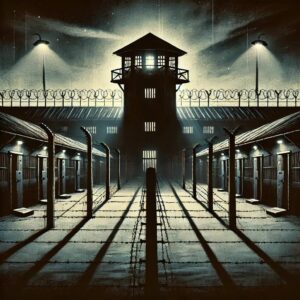
“Man’s Search for Meaning” by Viktor Frankl
Viktor Frankl, a Jewish psychiatrist, recounts his time in Auschwitz while exploring the psychological responses of prisoners to life in extermination camps. He introduces his theory of logotherapy, which posits that finding meaning in life is the key to survival.
Frankl’s philosophical reflections provide a unique perspective on how individuals coped with the extreme conditions imposed by the Nazi regime.
This book is a memoir and a guide to finding purpose amidst despair, making it a timeless piece of literature on human resilience.
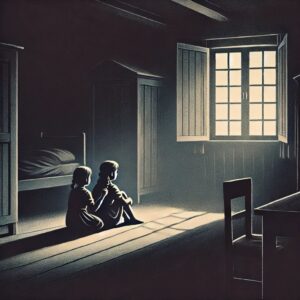
“Survival in Auschwitz” (If This Is a Man) by Primo Levi
In this classic book Primo Levi tells us about his experience as an Italian Jew in Auschwitz. He gives a minute-by-minute account of camp life and the struggle to stay human in the face of dehumanisation.
He explores the moral complexities and the will to survive under the Nazi regime. “Survival in Auschwitz” is a great book about Auschwitz Birkenau to understand the personal side of the Holocaust.
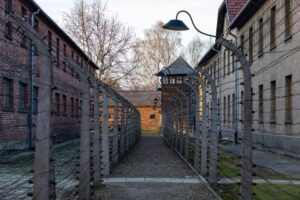
Historical Accounts
“Auschwitz: A New History” by Laurence Rees
Laurence Rees tells the extraordinary story of Auschwitz from its creation to its role in the Nazi extermination programme.
Using survivor and Nazi testimonies he explains how Auschwitz became the symbol of the Holocaust.
He looks at the mechanics of the camp, the implementation of the Final Solution, and life in the daily reality of the prisoners. A must-read to understand Auschwitz in the context of the Second World War.
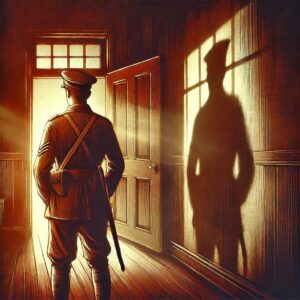
“The Holocaust: A New History” by Laurence Rees
In this easy-to-read introduction to the Holocaust Rees looks at the roots of anti-Semitism and the rise of Nazi Germany. He follows the sequence of events that led to the murder of six million Jews and millions of others.
The book combines historical analysis with personal stories to show the extent of the Nazi regime across Western and Eastern Europe.
We recommend this book about the Holocaust to anyone who wants to understand the causes and effects in our world today.
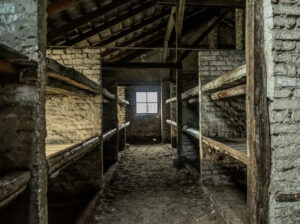
“Auschwitz and the Allies” by Martin Gilbert
Martin Gilbert examines what the Allies knew about Auschwitz during the Second World War. He looks at the intelligence gathered, the responses (or lack of it) from the Allied governments and the moral questions raised by their actions.
His research raises important questions about international responsibility and intervention. A must read to understand the global context of the Holocaust and the politics of wartime.
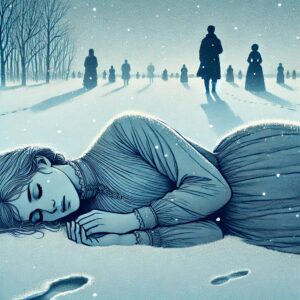
“KL: A History of the Nazi Concentration Camps” by Nikolaus Wachsmann
Nikolaus Wachsmann goes deep into the history of the Nazi concentration camp system, known as “KL” (Konzentrationslager). It’s not just about Auschwitz but other camps that were part of the Nazi machinery of oppression.
Wachsmann looks at the development, organisation, and daily life in the camps, and the lives of both prisoners and guards.
This book shows how the camps were central to the Nazi regime’s control and persecution, not just of Jewish victims but of political prisoners and other targeted groups.

Fiction Inspired by Real Events
“The Tattooist of Auschwitz” by Heather Morris
Based on the true story of Lale Sokolov, a Slovakian Jew, this book is about the tattooist who tattooed prisoners in Auschwitz.
Amidst the horror, Lale falls in love with Gita, a fellow prisoner, and shows us a powerful story of love and hope. Heather Morris brings to life the daily struggles and acts of kindness that happened even in the darkest of times.
This amazing story is about the human spirit and love in the face of impossible odds.
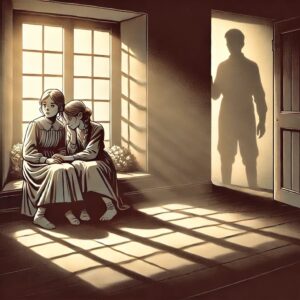
“Schindler’s List” by Thomas Keneally
Thomas Keneally tells the true story of Oskar Schindler, a German industrialist who saved over a thousand Jews by employing them in his factories.
The book is about Schindler’s transformation from a hard-nosed businessman to a saviour who risked his life against the Nazi regime.
Through Keneally’s storytelling, we see how one person can make a difference in times of moral crisis. “Schindler’s List” is about courage, compassion, and the human condition during the Holocaust.
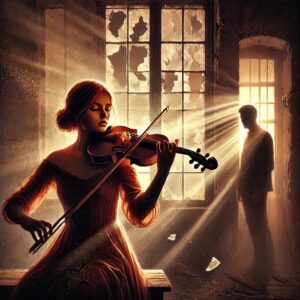
“The Boy in the Striped Pajamas” by John Boyne
This book is about Bruno, the nine-year-old son of a Nazi commandant, who befriends Shmuel, a Jewish boy in Auschwitz.
Through the eyes of a child, we see the absurdity and horror of the Holocaust. John Boyne shows us a beautiful story that makes us think about innocence, ignorance, and the arbitrary divisions created by prejudice.
Though fictional it’s a powerful reminder of the human cost of hate and the importance of compassion.
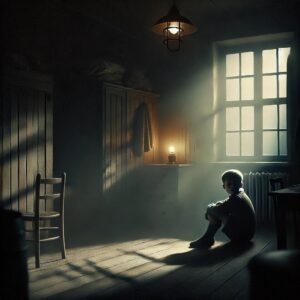
In-Depth Holocaust Studies
“The Destruction of the European Jews” by Raul Hilberg
Raul Hilberg’s classic book goes into the mechanics of the Holocaust, focusing on the processes that led to the destruction of the European Jews. It looks at the institutions, bureaucracies and individuals involved in the Final Solution.
Hilberg’s research is thorough and shows how ordinary systems were used to commit genocide.
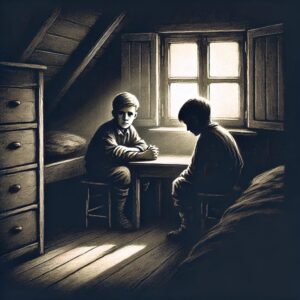
“Ordinary Men: Reserve Police Battalion 101 and the Final Solution in Poland” by Christopher Browning
Christopher Browning looks at how ordinary German men from Reserve Police Battalion 101 became mass murderers in Poland.
Through historical records and testimony, he explores how these men changed.
The book looks at conformity, obedience, and the capacity for evil in ordinary people. Browning raises important questions about morality, authority and personal responsibility in the Nazi era.
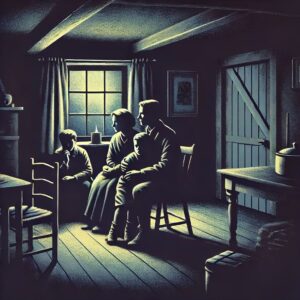
“Hitler’s Willing Executioners” by Daniel Goldhagen
Daniel Goldhagen’s book argues that a special kind of “eliminationist anti-Semitism” in German society made ordinary Germans willing to participate in the Holocaust. He challenges previous interpretations by looking at the role of widespread societal beliefs.
The book raises questions about the motivations and the extent of collective guilt. Debated by scholars but an important addition to Holocaust studies, it makes you think about the many factors that enable genocide.
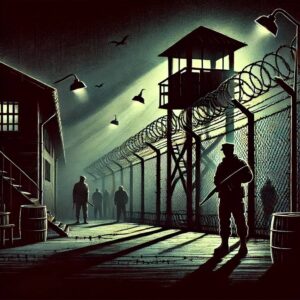
Women’s Experiences in the Holocaust
“Rena’s Promise: A Story of Sisters in Auschwitz” by Rena Kornreich Gelissen
Rena Kornreich Gelissen survived Auschwitz with her sister Danka. One of the first Jewish women to be sent to the camp, Rena tells the story of their daily struggles and how they supported each other.
The memoir is about the special experiences and challenges of women during the Holocaust.
Rena’s story is about the unbreakable bond of family and the strength needed to survive in one of the most brutal environments in history.
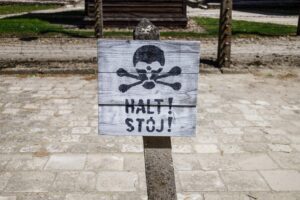
“Lilac Girls” by Martha Hall Kelly
“Lilac Girls” is a historical fiction novel that weaves together the stories of three women—a New York socialite, a Polish teenager, and a German doctor—during World War II. The book looks at the atrocities that happened at Ravensbrück, a concentration camp for women.
Martha Hall Kelly uses real-life figures to explore courage, redemption and the human condition.
This book covers the often-overlooked experiences of women and the Holocaust’s impact on their lives.
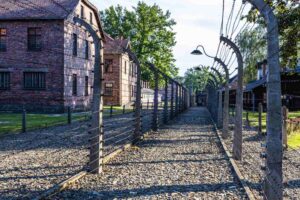
Lesser-Known Perspectives
“The Librarian of Auschwitz” by Antonio Iturbe
Based on the true story of Dita Kraus, this book is about a girl who becomes the librarian of a secret school in Auschwitz.
She risks her life to save a few books, Dita is the embodiment of knowledge and education as forms of resistance.
Antonio Iturbe shows how hope and intellectual freedom can be a powerful tool against oppression. This is how small acts of rebellion can be big in dark times.
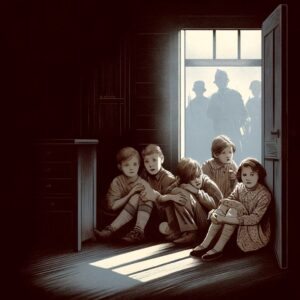
“Irena’s Children” by Tilar J. Mazzeo
“Irena’s Children” tells the story of Irena Sendler, a Polish social worker who saved over 2,500 Jewish children from the Warsaw Ghetto. Tilar J. Mazzeo explains how Irena and her network smuggled children to safety and gave them new names and hope for a future.
The book celebrates ordinary people who risked everything to defy the Nazi regime. Irena’s story is a reminder of what one person can do to stop evil.
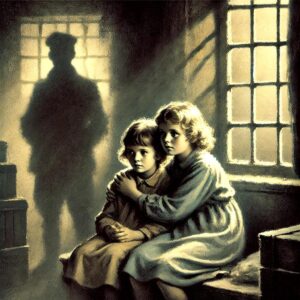
“The Auschwitz Volunteer: Beyond Bravery” by Witold Pilecki
The story of Witold Pilecki, a Polish army officer who volunteered to get imprisoned in Auschwitz to gather intelligence and organize resistance.
His reports were the first to inform the Allies about what was happening in the camp.
Pilecki’s bravery and commitment is a unique view of internal resistance against the Nazis. His story shows how bravery can be used to fight against oppression from within.
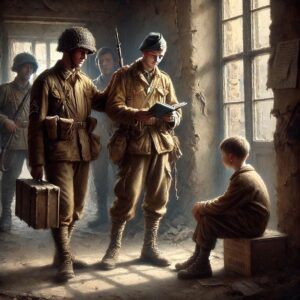
“The Hidden Children” by Jane Marks
Jane Marks gathers the stories of Jewish children who survived the Holocaust by hiding in attics, and barns or adopting fake identities.
These stories show the fear, confusion and loss of the youngest victims of Nazi persecution. The book is about the resilience of children who despite losing their childhood found a way to survive.
It’s a must-read to understand the personal cost of the Holocaust on its most vulnerable victims.
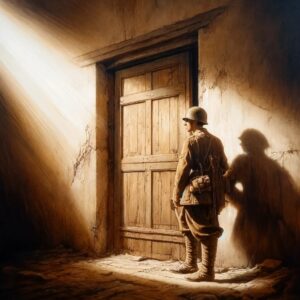
Criteria for Choosing These Books
The books are a mix of memoirs, historical accounts, fiction based on true events, and in-depth research. They offer different perspectives – from survivors telling their stories to historians explaining the mechanics of the Final Solution.
Each book is chosen for its informative, educational and emotional content about Auschwitz, the Holocaust and World War II.
Why are Auschwitz Books so Important?
The books about Auschwitz go deep into one of the darkest parts of human history, the Holocaust. These aren’t just about the past; they’re about survival, bravery, and fighting for justice.
They show what people went through and what they had to do to survive, and we highly recommend reading them before joining a tour to Auschwitz from Warsaw or Krakow.
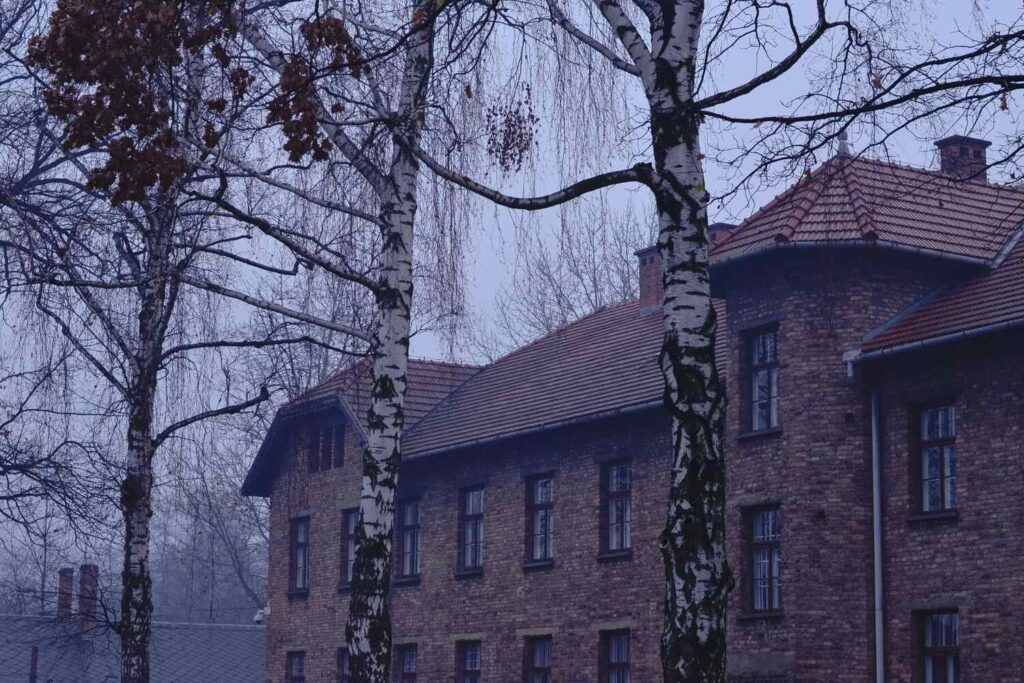
Why Should You Read Books About Auschwitz?
Reading about Auschwitz helps you understand the Holocaust and what it did to millions of people. These aren’t just teaching you history; they help you feel what happened and why we must never forget.
Some of the books are really good, with good storytelling, but be prepared to feel some sorrow. They’re not only educational but also worth reading as great pieces of art.
Conclusion
Reading all these books about the Holocaust is vital for understanding not only the historical events but also the depths and heights of human nature.
These stories range from personal memoirs to historical analyses and offer invaluable insights into the experiences of Jewish people and others who lived through one of the darkest periods in history.
Thank you for reading these books and understanding the importance of these events in our world today. Let’s never forget.
